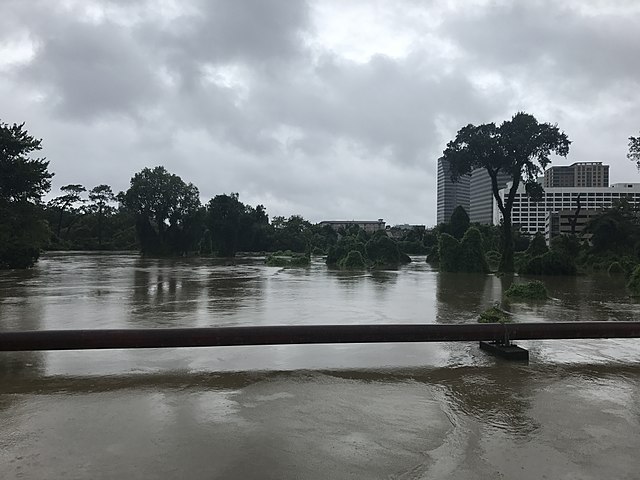City Corner: Why you should prepare for a hurricane while waters are calm
Published 10:15 am Wednesday, July 30, 2025
For the Victoria City/County Office of Emergency Management, disaster preparation never stops. Throughout the year, we train our partner agencies to respond to a host of disasters, from hurricanes and floods to hazmat incidents.
We start ramping up our hurricane preparation efforts well before the start of hurricane season. For months now, we’ve been reaching out to first responders, policymakers and local nonprofits, helping them to plan and prepare so that when a storm hits, everyone will be ready to fulfill their roles.

Rick McBrayer
Whether you’re the leader of a local government agency or a resident trying to protect yourself and your family, staying prepared will greatly improve your ability to respond to an emergency.
The memory of Hurricane Harvey is still fresh for many residents, but even if you fared well in that storm, it’s important to remember that every storm is different, and so are its potential impacts. Although we prepared for a Category 4 storm, we only experienced Category 1 winds because of the way the storm shifted to the west. If we are hit by a real Category 4, the measures you took during Harvey may not be enough.
One of the first steps of hurricane preparation is making sure you are insured. Because new premiums can take time to take effect, this should be taken care of as soon as possible.
While we’re not insurance agents, it’s a good idea to be familiar with your flood insurance coverage before a storm is on the horizon. Flood insurance can take up to 30 days to go into effect, and many insurance companies will not issue new policies once a storm enters the Gulf.
Take time now to review your policy or speak with your insurance provider to ensure you’re fully informed and prepared. Also, even if you’re not a homeowner, renter’s insurance can help to protect your belongings.
If you choose to evacuate, plan your destination and your direction of travel well in advance, and be sure to get on the road early with your hurricane supplies. Store important documents in a waterproof container that you can easily move to a safe place.
Trending
You should also make digital copies.
If you choose to shelter in place, you will need at least five to seven days’ worth of supplies, including nonperishable food; drinking water; medication; and anything you may need to care for pets, seniors or neighbors.
Based on our conversations with utility providers, we know that our region is susceptible to power outages even during a weak storm because of our many aboveground power lines. You should assume that you might lose utilities and that they could remain out for several days. Make sure you have a non-electric can opener, batteries and water for flushing the toilet.
Remember that hurricane winds can blow away items in your yard, such as lawn furniture and swing sets. Be sure to move or secure these items so that they don’t turn into debris.
The Office of Emergency Management is watching the tropics and will work with the City and County to release information on any storm that becomes a threat to our region. For more tips on preparing for a storm, you can visit our website at vctx.org/hurricane to view the Victoria Hurricane Preparedness Guide.
To sign up for emergency text alerts through the Victoria Office of Emergency Management’s CodeRED warning system, text “ALERTVICTORIA” to 99411.Stay connected by following us on Facebook for updates and important information.
Rick McBrayer is the emergency management coordinator for the Office of Emergency Management.







